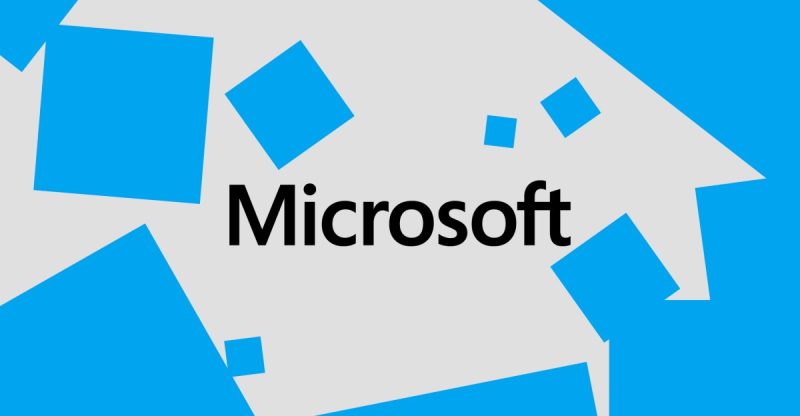
A Microsoft employee, Nisreen Jaradat, successfully bypassed the company’s controversial email filter that blocked words like “Palestine,” “Gaza,” and “genocide.” Her defiant email, sent to thousands of colleagues, sparked further outrage over Microsoft’s perceived complicity in the Israeli-Palestinian conflict and its silencing of internal dissent.
Jaradat’s email, obtained by The Verge, directly challenged Microsoft leadership, arguing that the cost of suppressing employee voices expressing concern for the Palestinian people far outweighs the benefits of censorship. She urged her colleagues to sign a petition by the No Azure for Apartheid (NOAA) group, calling for an end to Microsoft’s contracts with the Israeli government.
The email block, implemented during Microsoft’s Build developer conference, followed a series of high-profile protests at the event. These protests included a Microsoft employee disrupting the keynote speech, a Palestinian tech worker interrupting a presentation, and two former employees disrupting a session. These actions, coupled with Jaradat’s email, highlight the growing internal unrest within Microsoft regarding its involvement in the conflict.
Microsoft’s response to the initial reports of the email filter stated that mass emailing about non-work-related topics is inappropriate and that measures were taken to reduce such emails. However, the company’s spokesperson, Frank Shaw, directed inquiries to a previous statement, failing to directly address the blatant censorship and the successful circumvention of the block.
NOAA organizer Hossam Nasr criticized Microsoft’s decision as particularly egregious, highlighting the company’s tendency to silence employees who raise concerns through official channels. Nasr emphasized that the protests would continue until Microsoft meets their demands.
Jaradat’s email detailed the numerous ways in which Microsoft has attempted to silence its employees’ concerns, from deleting questions in AMAs to retaliating against outspoken individuals. She painted a stark picture of a company that seems more interested in protecting its contracts than in listening to the moral concerns of its workforce.
The email also underscored the urgency of the situation in Palestine, citing the ongoing violence and humanitarian crisis. Jaradat concluded with a powerful call to action, urging employees to sign the NOAA petition, consider their complicity in the conflict, and either join the fight for change within Microsoft or leave the company and take their activism elsewhere. She emphasized that the current situation demands escalation and immediate action.
The incident raises serious questions about corporate ethics, freedom of speech, and the role of technology companies in international conflicts. It remains to be seen how Microsoft will respond to this latest challenge to its authority and its continued involvement in the Israeli-Palestinian conflict.










